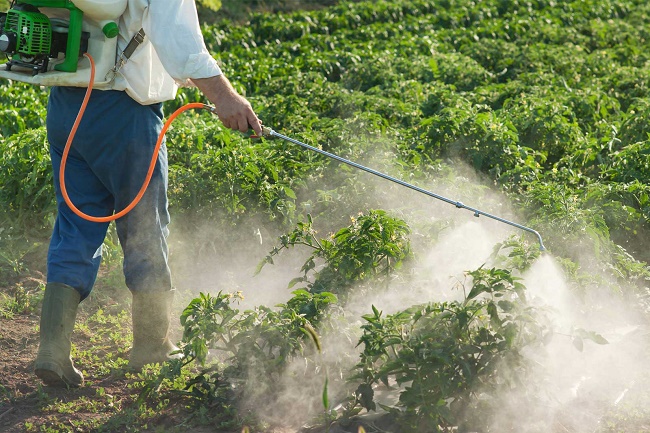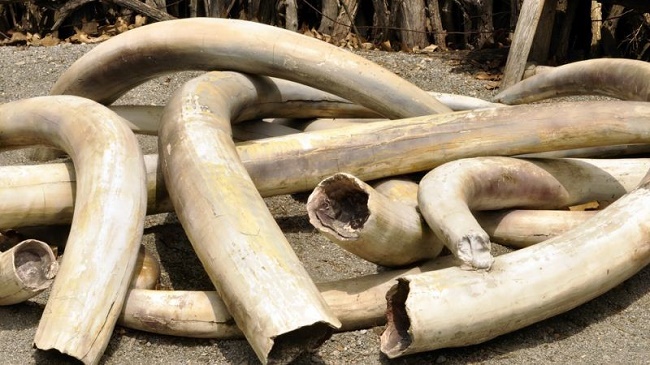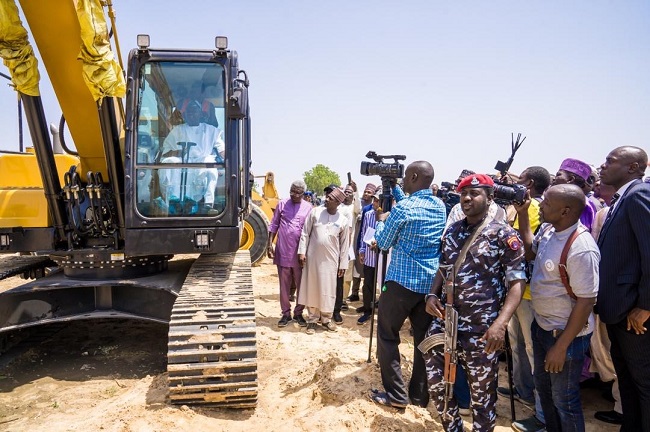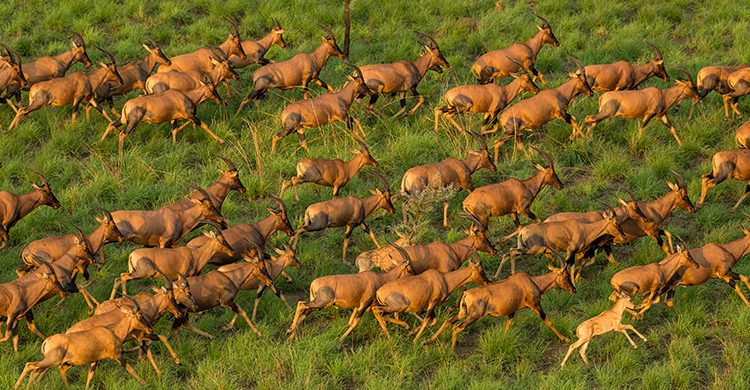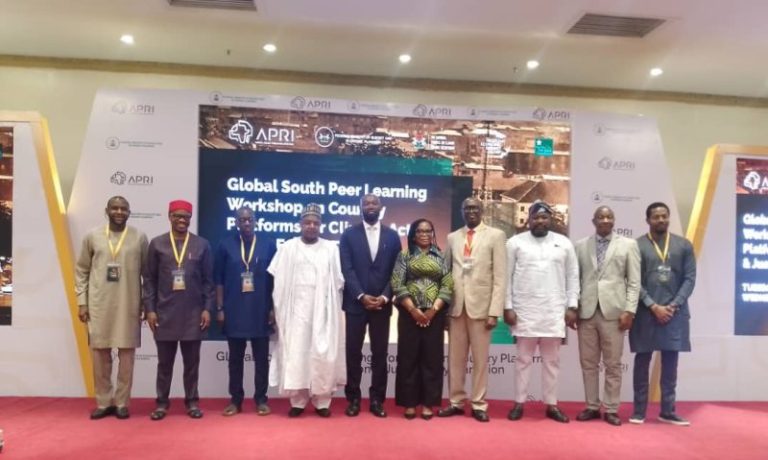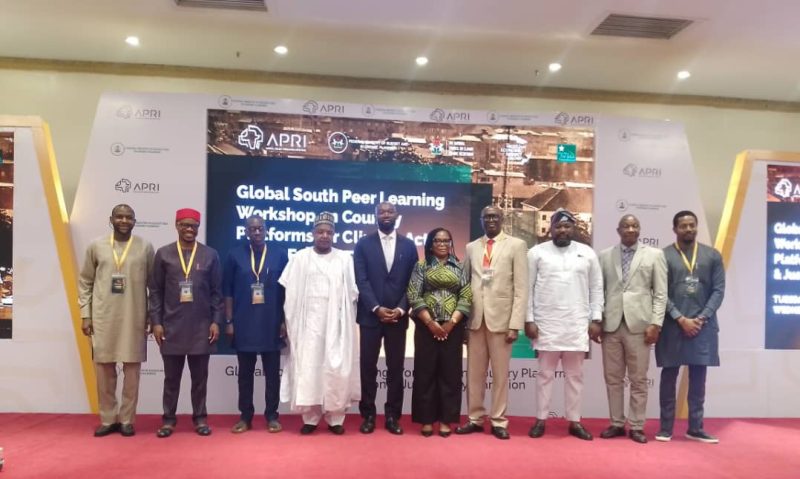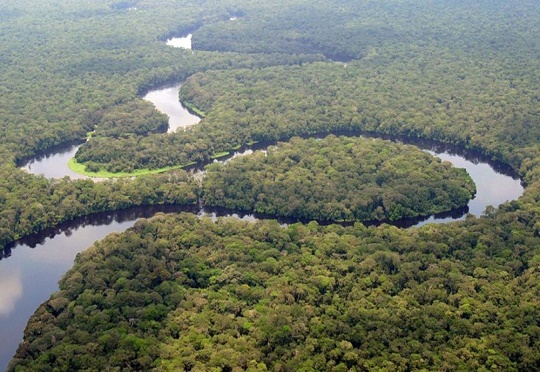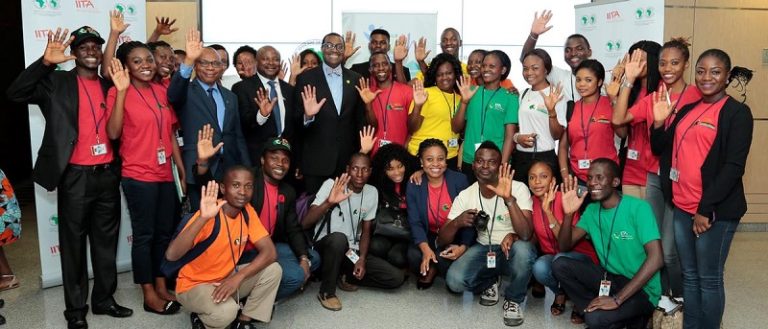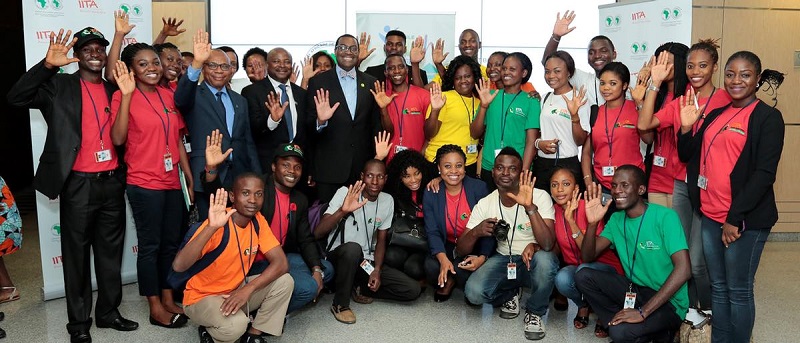The Technology Executive Committee (TEC) and the Climate Technology Centre and Network (CTCN) – two bodies of the UNFCCC Technology Mechanism – held meetings in April 2025 in Copenhagen, Denmark, to advance climate technology efforts. During their joint session, they convened a dialogue on financing national systems of innovation (NSI), bringing together providers and recipients of support to share experiences and real-world insights on bolstering climate innovation.

Following the approach of the Intergovernmental Panel on Climate Change (IPCC), the TEC defines NSI as “a network of actors, institutional contexts and linkages that underlie national technological change”, essential for achieving climate and sustainable development goals. In 2023, the TEC published six country cases studies and a summary for policymakers outlining good practices and lessons learned from establishing and implementing NSI.
Success Stories
The dialogue showcased examples of countries and regions financing innovation systems in diverse contexts:
- Pakistan: The Adaptation Fund Climate Innovation Accelerator, implemented by the CTCN, has developed a community-driven blueprint for rainwater harvesting to address both flooding and water scarcity while strengthening adaptive capacities in the water sector. Successful pilots have been established in both rural and urban areas.
- Latin America and West Africa: The CATAL1.5°T Initiative, supported by the Green Climate Fund and the Government of Germany, is supporting investments in early-stage climate ventures. Projects include agricultural wastewater treatment and sustainable food ingredients in Mexico, and innovative energy solutions in Burkina Faso.
- Morocco and Nigeria: The Global Cleantech Innovation Programme, supported by the United Nations Industrial Development Organisation, in partnership with the Global Environment Facility, nurtures early-stage small and medium-sized enterprises through comprehensive business acceleration services focused on energy efficiency and renewable energy solutions.
- Least Developed Countries (LDCs): The United Nations Technology Bank for LDCs works with countries and partners to develop robust, context-specific science, technology and innovation systems and policies. This includes conducting technology needs assessments that evaluate existing systems and provide recommendations for strengthening them, including strategies for attracting financing.
Strengthening Innovation Systems
Key messages from the discussion emphasized the importance of policy coherence, systemic approaches and multi-level collaboration:
- Funding: Financing NSI extends beyond funding individual projects – it requires fostering long-term, system-wide change. This includes regulatory reforms that improve the business environment and mechanisms that reduce investment risk in climate technology development.
- Cross-sector partnerships: Cross-sectoral collaboration between government, the private sector and academia is essential to align innovation ecosystems with climate finance and drive lasting impact.
- Tailored, integrated support: Effective NSI financing is context- and sector-specific and benefits from a “whole-of-government” approach that aligns innovation, climate and development policies with countries’ specific needs and stages of technological development.
- Scaling: Locally viable projects have greater potential for expansion. Business incubation, mentorship, capacity-building and investor matchmaking all play a key role in helping innovations grow.
The Technology Mechanism’s Role
Strengthening NSI is a shared priority in the 2023-2027 joint work programme of the TEC and the CTCN. As TEC Vice Chair Thibyan Ibrahim noted: “While primarily being a national responsibility and prerogative, international actors could complement, catalyze and accelerate national efforts on strengthening NSI.”
Representatives from both bodies reaffirmed their commitment to supporting developing countries by working closely with relevant actors – including UNFCCC’s national designated entities (NDEs) for technology development and transfer – to provide policy and implementation support.


